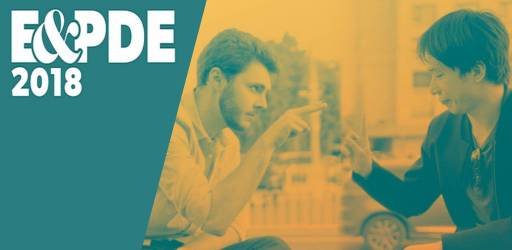Type:
Year:
2018
Editor:
Erik Bohemia, Ahmed Kovacevic, Lyndon Buck, Peter Childs, Stephen Green, Ashley Hall, Aran Dasan
Author:
Series:
E&PDE
Institution:
University of Bristol, United Kingdom
Section:
New Design and Engineering Education Paradigms
Page(s):
442-447
ISBN:
978-1-912254-02-6
Abstract:
During episodes of experiential learning, such as project-based-learning (PBL) in engineering design education, students construct new knowledge (that is they learn) by reflecting on their experience. More accurately, they reflect on their ‘perceptions’ of that experience, meaning that the prior experience, knowledge, and worldview of the students will have a strong influence on the outcomes of learning from experience. The cognitive structure of engineering design students is heavily influenced by the positivist learning paradigm of engineering science, and so many students may struggle to learn, or not be open to learning, from experiential design projects, because the constructivist paradigm that underpins this type of learning is not in accord with their cognitive structure. It is proposed here that the teaching of philosophy of design, combined with use of reflective learning journals structured using a constructivist inquiry framework, might potentially allow students to access a deeper level of understanding of their own individual approaches to design, by enabling metareflection at an ontological level. Philosophy of design serves the purpose of emancipating students from a restrictive worldview by making them aware of multiple paradigms of learning. This paper presents the progress of an intervention within a second year PBL engineering design course, using the proposed combined approach. Early indications are that it is having a positive impact on reflection and learning.
Keywords:





